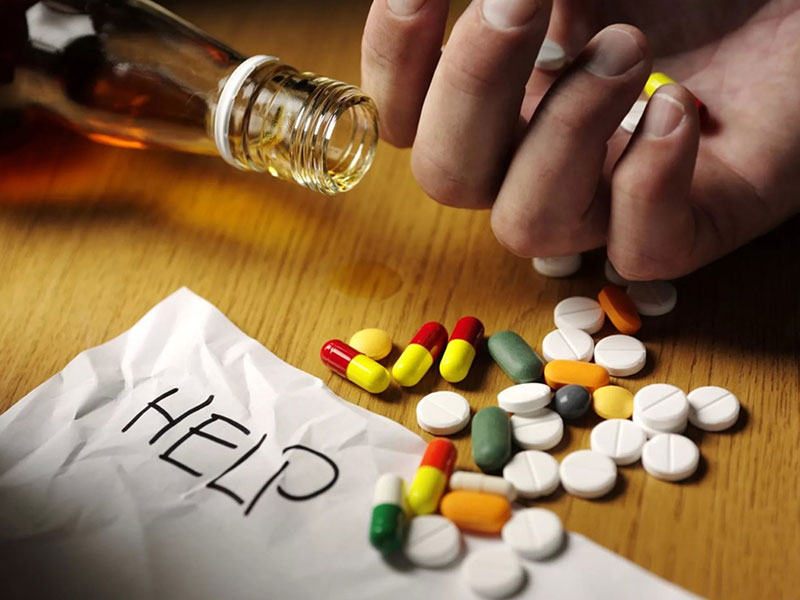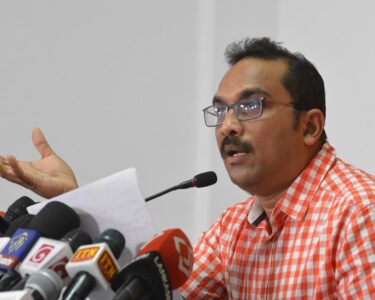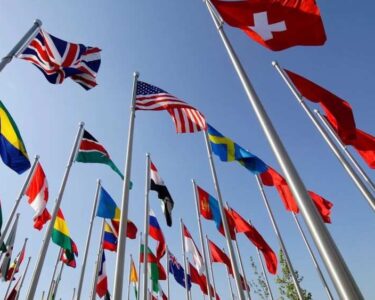Complete eradication of the drug menace could be a distant dream for Sri Lanka inspiration can be drawn from diverse global experiences to tackle this multifaceted issue. By learning from successes and avoiding pitfalls, Sri Lanka can chart a path towards a healthier and safer future.
One crucial lesson lies in prioritizing community-based rehabilitation. Models like the Philippines’ Barangay Drug Abuse Treatment and Rehabilitation Centers (BDATRCs) demonstrate the effectiveness of local engagement. Utilizing existing community structures and enlisting volunteers fosters a sense of ownership and support, crucial for long-term success. Additionally, Sri Lanka can emulate prevention and education programs like Norway’s, targeting vulnerable communities and youth with awareness campaigns and early intervention strategies.
However, simply replicating models won’t suffice. Sri Lanka must adapt its approach to its specific context. While Singapore’s strict laws might deter some, focusing solely on punishment risks neglecting the underlying socio-economic factors driving drug use. Instead, Sri Lanka can follow Portugal’s lead in decriminalizing personal use, freeing up resources for comprehensive treatment programs and harm reduction measures. This focus on treatment over punishment aligns with ethical considerations and evidence-based practices, ensuring respect for human rights and maximizing effectiveness.
Sri Lanka must also avoid the pitfalls of overreliance on force. The Philippines’ violent drug war raises serious human rights concerns and serves as a stark reminder that solely targeting supply ignores the demand side of the equation. Instead, Sri Lanka should invest in social support and development initiatives, tackling the root causes of poverty and despair that often fuel drug use. This means addressing economic inequalities, creating opportunities for education and employment, and fostering mental health support systems.
Furthermore, Sri Lanka must stay vigilant in the face of emerging challenges like New Psychoactive Substances (NPS). Adapting legal frameworks and strengthening intelligence networks are crucial to combat the evolving tactics of smugglers who utilize the internet and darknet marketplaces. Collaboration with international partners can be invaluable in sharing best practices and intelligence regarding NPS and trafficking trends.
In conclusion, Sri Lanka’s path forward lies in a multi-pronged approach that integrates lessons from the global experience with a clear understanding of its own context.







